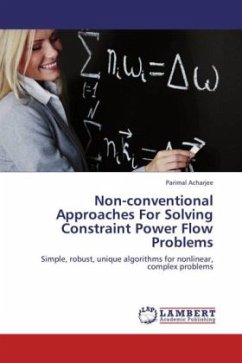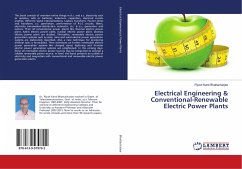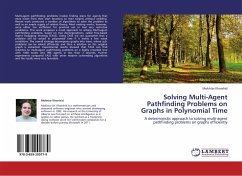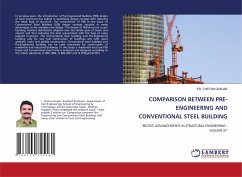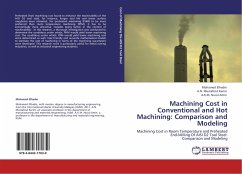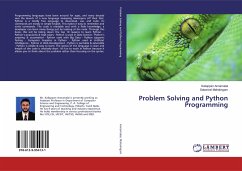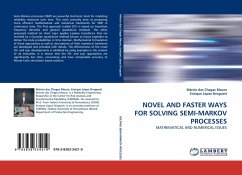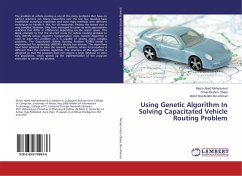Power flow (PF) is the most extensively used analytical tool in any power industry. Starting from planning studies, PF is required in operation & control studies. PF, therefore, has rightly been termed as the workhorse of the power systems (PS). The advent of deregulation & competitive power markets has increased more uncertainty in PS. Under the stressed situations, the conventional methods (CMs) diverge & no solution is obtained for ill-conditioned systems. The CMs need flat start & also unable to provide multiple solutions. To overcome these, non-conventional approaches are required to develop. Simple local search technique & linear perturbation based methods are developed to solve constraint PF problems. If the method is applied with any other evolutionary technique, multiple solutions can be obtained. Two PSO techniques with different pioneer strategies, innovative formulas are presented. A new & unique two-stage GA algorithm is developed. Voltage collapsed buses & FACTS devices in the developed PFs are also discussed. The developed algorithms should aid to the research scholars, power industry & academia in PS.
Bitte wählen Sie Ihr Anliegen aus.
Rechnungen
Retourenschein anfordern
Bestellstatus
Storno

